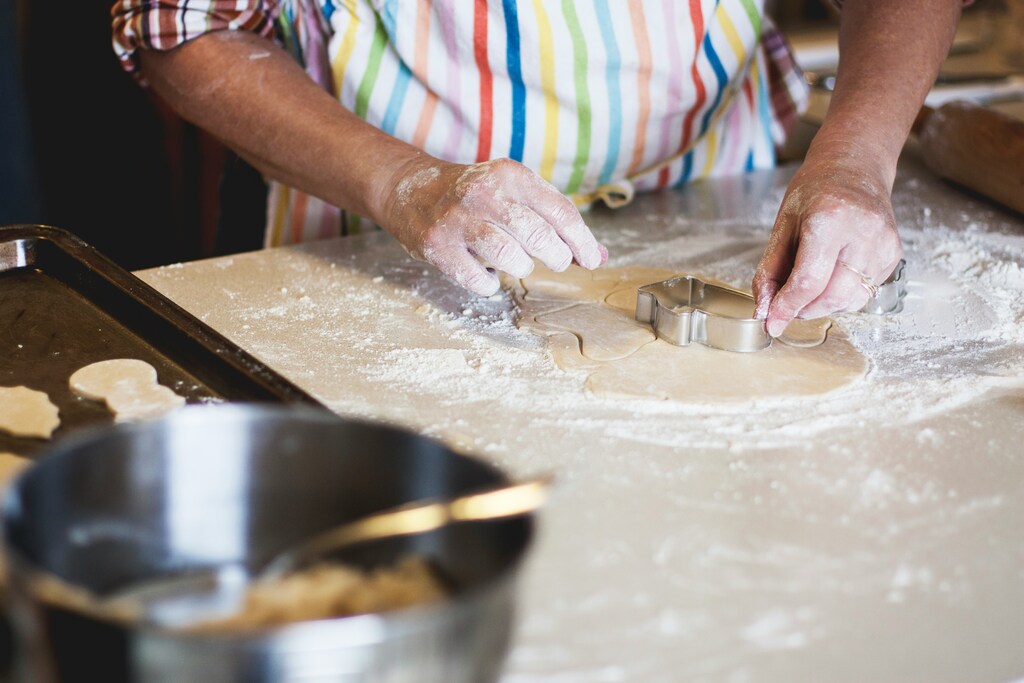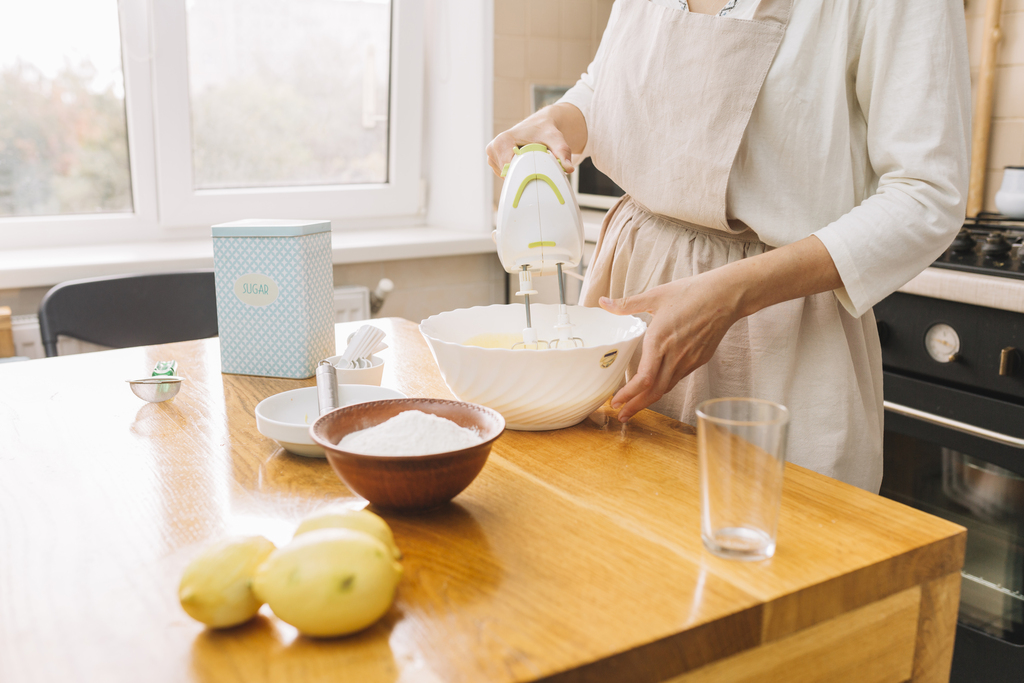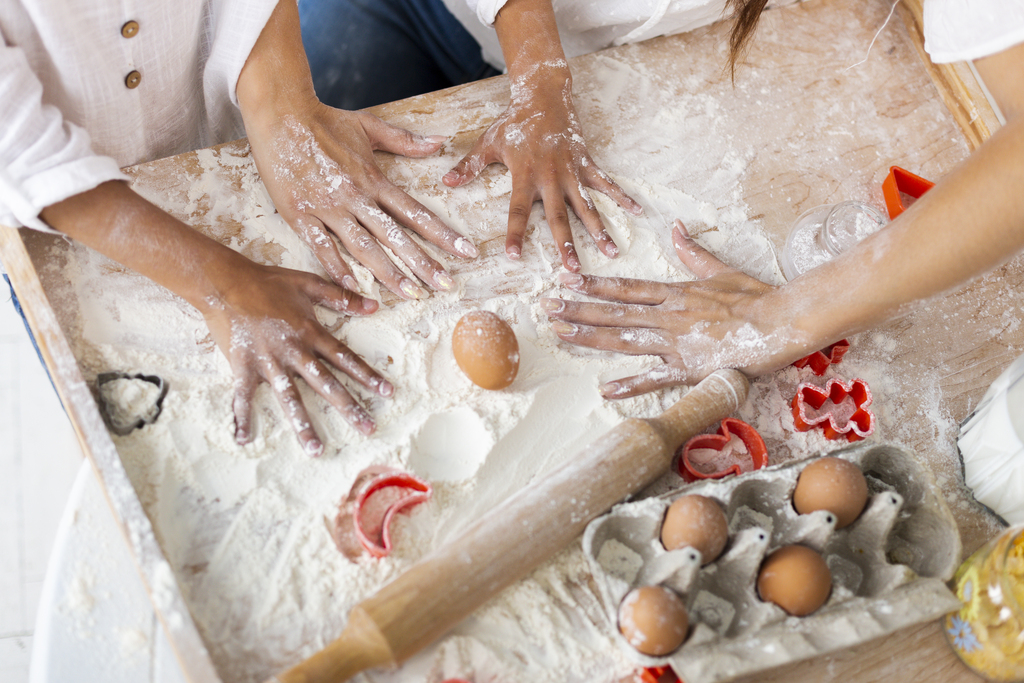If you need a durable and flexible workshop that can be used for decades, the shipping container workshop is the answer. You can modify a shipping container into a comfortable and functional baking workshop space.
This container workshop can be used to store your gear and equipment safely without having to worry about their safety and security. As a baking workshop, it offers several compelling benefits, especially for small businesses, startups, or those looking for a mobile or compact solution.
With the right planning, creating a baking workshop using a shipping container is possible and can be cost-effective and stylish. Here is what you need to do to start!
Contents
Benefits of a Shipping Container Baking Workshop

Cost-Effective Setup
The shipping container workshop has lower construction costs than traditional buildings. It comes with a faster setup time, reducing labor and rent during buildout. This is great for startups that need a tight budget solution.
Quick to Build and Deploy
You can modify your shipping container workshop off-site and delivered ready-to-use. This is ideal if you want to launch your baking business quickly, as some setups can be ready in a few weeks, not months.
Mobility and Portability
The workshop can be moved to different locations if needed, perfect if you want to use it in pop-ups, events, or mobile bakeries. This really supports the idea of renting land or testing markets before investing in permanent space.
Highly Customizable
You can fit your shipping container workshop with professional ovens, prep tables, sinks, and exhaust systems. Just add service windows, air conditioning, or solar panels.
Then, to show your bakery’s branding or identity, add extra exterior branding or paint. Helps your business stand out in a crowded market, as a container bakery feels trendy, creative, and eye-catching.
Durability
A shipping container is built from heavy-duty steel, making it weather-resistant and secure. Therefore, they can withstand high temperatures and rough environments when properly insulated.
Sustainable and Eco-Friendly
Reusing an existing structure means reducing waste. A shipping container workshop can incorporate green features like rainwater collection or solar power, which appeals to eco-conscious customers.
Meets Health Code When Modified Properly
When modified properly, your shipping container workshop is easier to get health department approval than many expect, as long as it’s planned right. To do that, add food-safe flooring, ventilation, and plumbing to your container.
Key Elements to Plan

1. Container Size
Here are 2 common container sizes in the industry: the 20’ and 40’. The 20’ container is compact, best for micro-bakery or takeout-style setups. Meanwhile, the 40’ container is ideal for workshops with baking, prep, cooling, and storage zones.
However, if you want space for teaching classes, consider combining two containers side-by-side or in an “L” shape.
2. Layout Suggestions
A good and functional baking workshop layout should include:
- Prep zone: to put counter space and dough mixers
- Baking zone: to put ovens, cooling racks, and ventilation
- Cleaning zone: to put triple sinks and a handwashing station
- Storage: to put shelves for dry goods and a fridge/freezer
- Class space, if you’re open to having students
3. Essential Modifications
To bring comfort while baking at your shipping container workshop, you will need to add several essential modifications such as:
- Cutouts for doors/windows for natural light, ventilation, and entry access.
- Insulation & waterproofing for food safety and comfort.
- Electrical system for ovens, mixers, lights, exhaust, and outlets
- Plumbing for water supply, sinks, and wastewater disposal
- Ventilation/Hood system above ovens to remove heat and fumes
- Food-grade surfaces, Stainless steel counters, and easy-to-clean floors/walls
- Fire safety
4. Flooring
Replace or cover plywood flooring with a non-slip, easy-to-clean, and moisture-resistant flooring type. Those are the features that you can get from a food-safe vinyl, sealed concrete, or steel plate flooring.
5. Permits & Health Codes
You need to check with the local zoning to make sure that a baking workshop or food production is allowed and meets food safety codes. During this, the Health Department will inspect your handwashing sink, dishwashing areas, prep areas, and the baking area.
You will also need a building permit for structural or utility modifications and a fire permit for your high-powered gas or electrical oven. Consult with your local health and building department before building to avoid costly retrofits.
Conclusion
Modifying shipping containers has become more popular than ever as people search for cheaper ways to create workshops. While shipping containers are used mainly for long-distance goods transportation, they are also versatile as baking workshops.
Tradecorp is a reliable shipping container sales, purchase, rental, and modification service company. Tradecorp provides modification and custom shipping container services by adding windows, doors, walls, and roof insulation.
Our experienced staff is ready to help you arrange the shipping of your shipping container to your requested location. Fill out our quote form to buy or rent from us!


